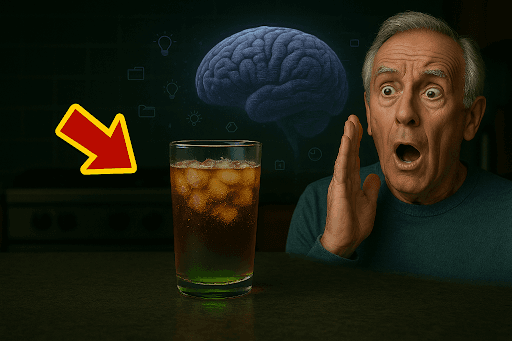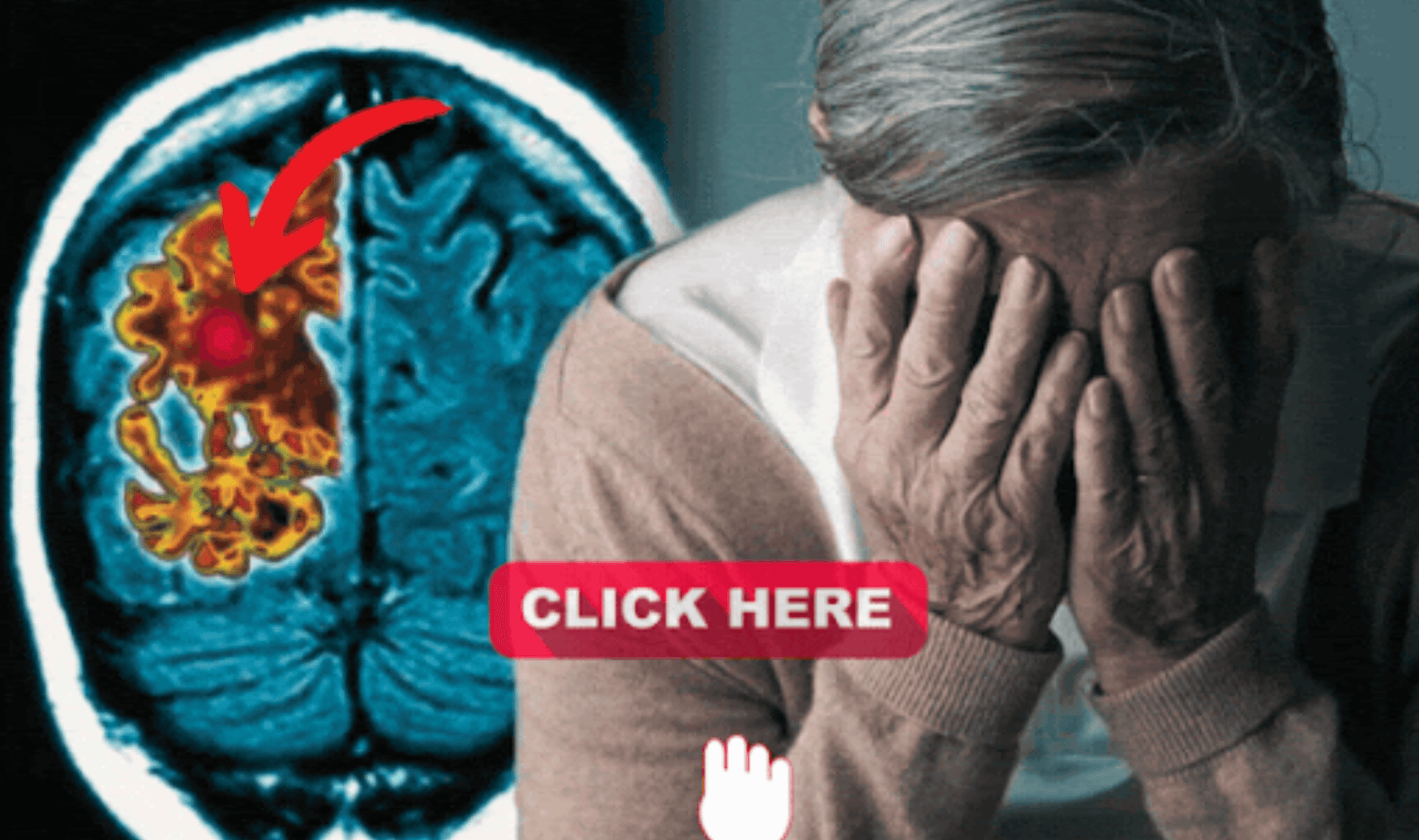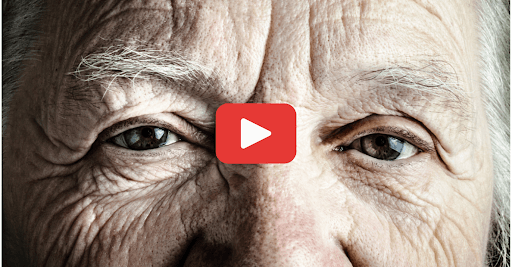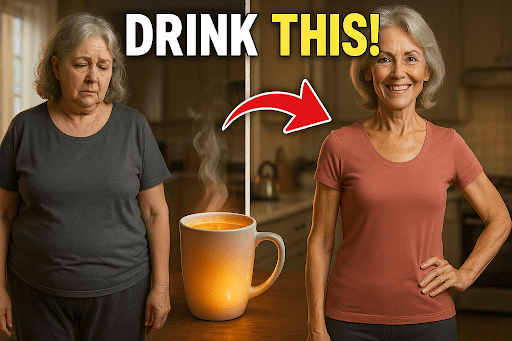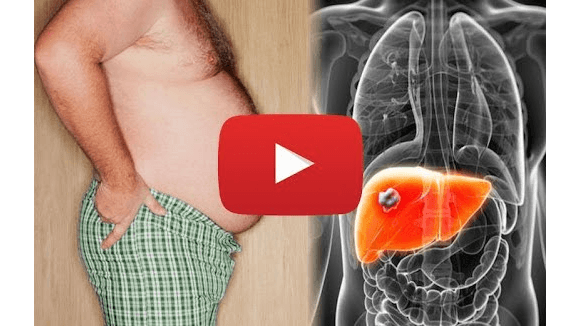How to Manage "Stress Eating" & Compulsive Eating | Dr. Elissa Epel & Dr. Andrew Huberman
Stress impacts eating habits in diverse ways, triggering either increased or decreased consumption. Individuals react differently, often influenced by personal stress responses and biological factors.
The sympathetic nervous system, also known as the 'fight or flight' system, plays a pivotal role in determining one's appetite under stress. For some, it diminishes hunger, allowing them to focus on immediate stressors, whereas for others, it stimulates binge-eating as a coping mechanism.
A significant number of individuals struggle with compulsive eating, especially when facing emotional stress. This involves an uncontrollable desire for comforting foods often high in fat, sugar, and salt, which can lead to obesity and metabolic syndrome. This pattern resembles behaviors observed in animal models and involves the opioid system strongly.
Mindful consumption, which emphasizes awareness and separation of emotions from true hunger cues, can benefit those prone to compulsive eating. Trials emphasize its benefits in reducing insulin resistance and aiding long-term weight management.
Behavioral strategies, including positive stress management techniques and high-intensity interval training, have shown to reduce stress-related cravings. Environment control, such as soda removal from workplaces, also contributes to healthy eating habits.
Pharmacological interventions like the use of naltrexone are proven beneficial in some binge-eating cases. However, lifestyle modifications and behavioral changes should take precedence to address underlying compulsive behaviors.
"Behaviors should come first, then nutrition, followed by supplements, and only if needed, prescription drugs."
From Around The Web
Wellness Inbox is a blog & weekly newsletter that curates trending news and products related to health and wellness from around the web. We also gather content from various sources, including leading health professionals, and deliver it directly to you.
Please note that we may receive compensation if you purchase any products featured in our newsletter. Wellness Inbox is not affiliated with, nor does it endorse, any health professionals whose content may appear in our newsletter. The information provided is for general informational purposes only and should not be considered medical advice.
The information provided is not intended to replace professional medical advice, diagnosis, or treatment. All content, including text, graphics, images, and information available is for general informational purposes only. We do not guarantee the accuracy or completeness of any information presented and assume no liability for any errors or omissions. The content is subject to change without notice. We encourage you to verify any information with other reliable sources and consult your physician regarding any medical conditions or treatments.
